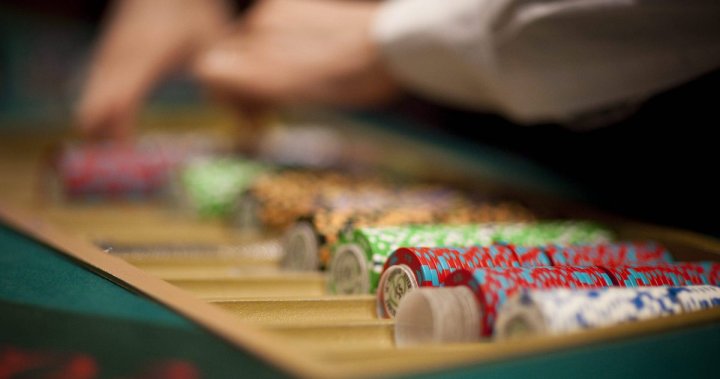
Money-laundering inquiry must judge whether corruption reached top of B.C. government
Global News
Justice Austin Cullen has heard from 198 witnesses in hundreds of hours of hearings that produced bombshell testimony and 70,000 pages of evidence.
A B.C. Supreme Court judge has months to decide whether corruption and inaction allowed vast quantities of suspected drug money to be laundered through suspicious transactions in the province’s casinos, real estate and national banks in financial schemes sometimes facilitated through B.C. courts and law offices.
Since 2019, Justice Austin Cullen, the head of B.C.’s money-laundering inquiry, has heard from 198 witnesses, including former premier Christy Clark and several former gaming ministers, in hundreds of hours of hearings that produced bombshell testimony and 70,000 pages of evidence. He was granted a six-month extension, until May, to weigh a mountain of records and transcripts.
An analysis by Global News suggests key questions stemming from the evidence that Cullen must answer include:
Cullen has heard that from about 2008, B.C.’s casino regulator recognized that transnational gangs based in China appeared to be increasing the amount of suspected drug money coming into BC Lottery Corporation casinos, especially Richmond’s River Rock Casino and New Westminster’s Starlight Casino.
This money laundering involved loan sharks delivering bundles of $20 bills packaged consistently with drug-trafficking proceeds to high rollers who primarily travelled from China to Canada to play high-stakes baccarat in secluded and exclusive areas of the casinos.
Many of the high rollers were loan sharks themselves, Cullen heard, and were well-known to the RCMP and some Lottery Corp. investigators as transnational drug-trafficking suspects. The corporation’s criminal intelligence records filed as evidence show, for example, that the biggest high roller in 2015, who completed more than $6-million in cash and bank draft transactions in half a year, was also connected to fentanyl traffickers and suspected by the Canada Border Services Agency of being a loan shark and importer of narcotics precursors.
The gangs in China used private high-limit betting rooms, which B.C. casinos had built specifically for Chinese high rollers, to get rid of massive volumes of drug cash in Vancouver, Cullen heard. Meanwhile, their Chinese casino clients paid low commissions for cash loans and repaid them by transferring their wealth in China to organized-crime bank accounts.
Records from Fintrac filed for Cullen’s review suggest these bank accounts in China funded fentanyl-precursor imports to Canada.











